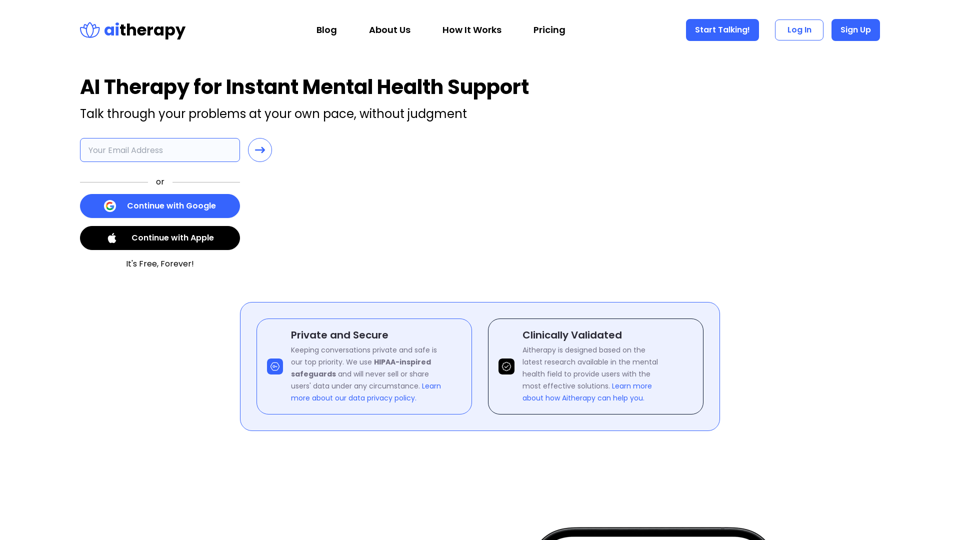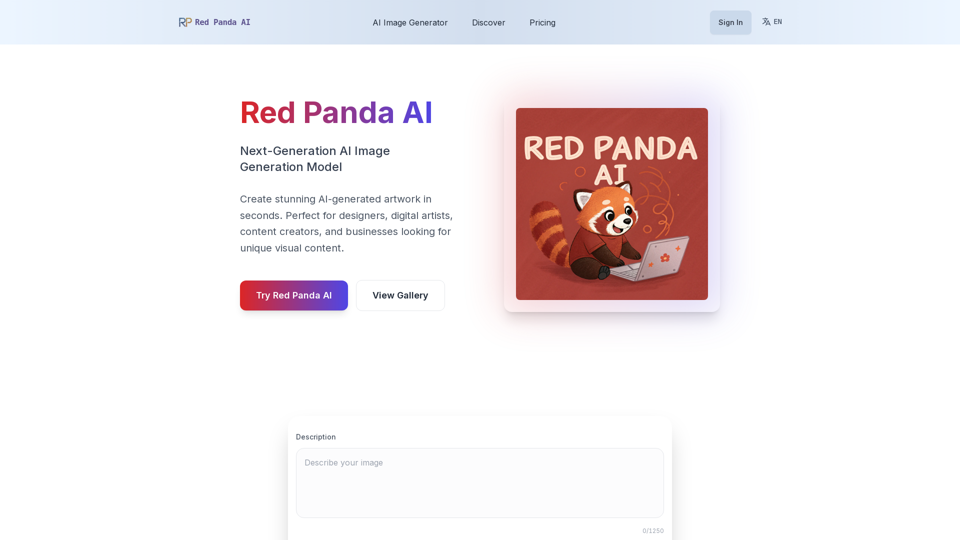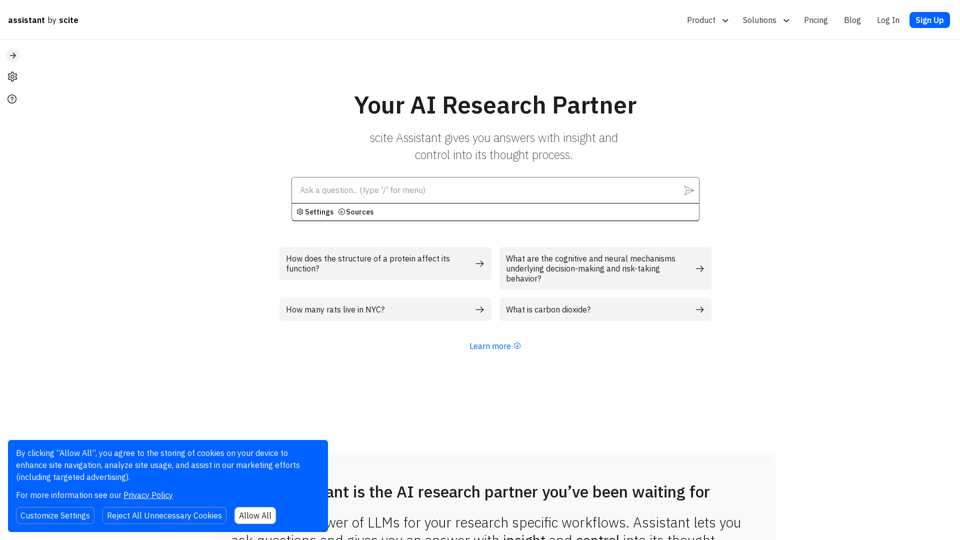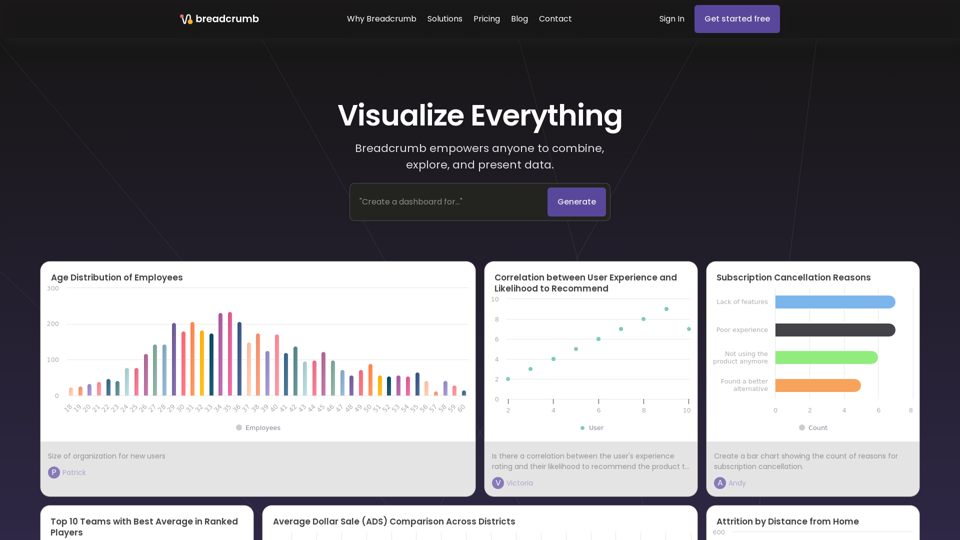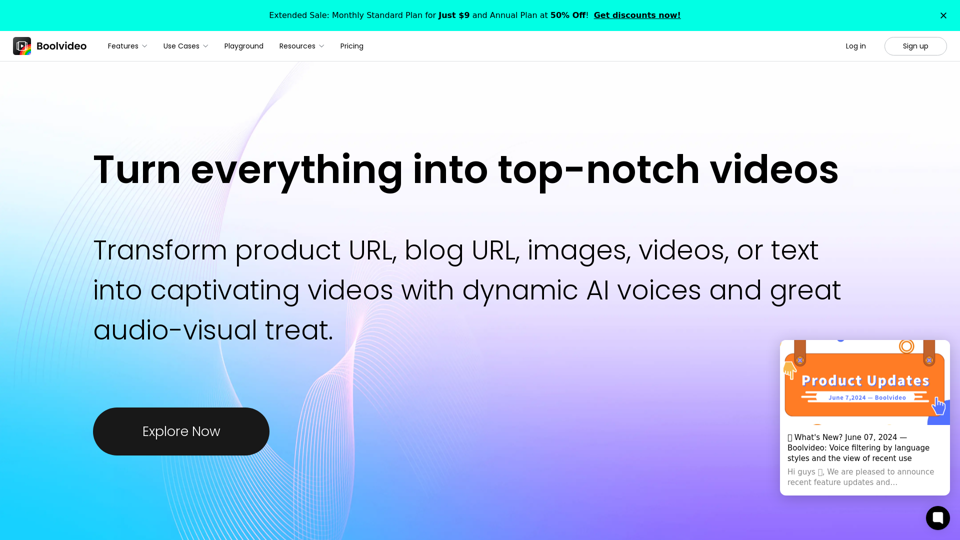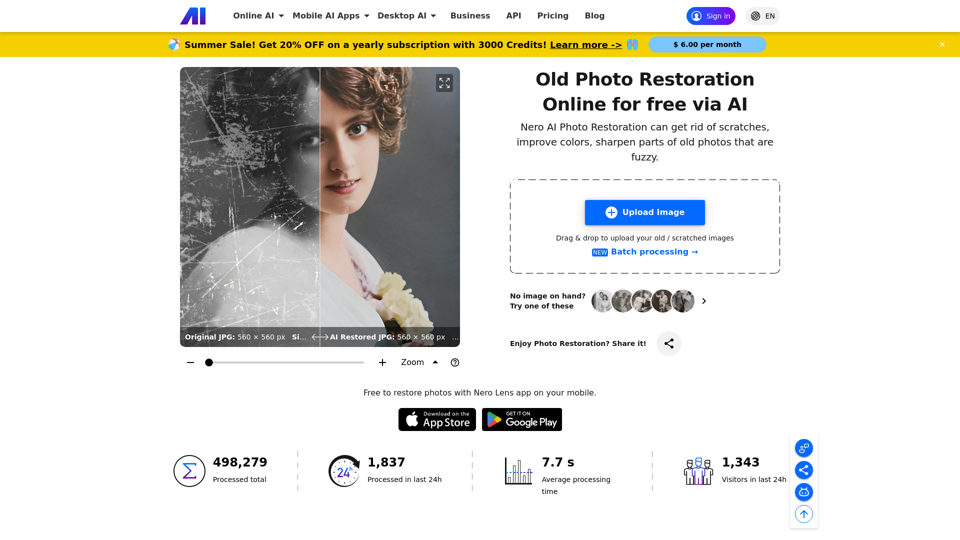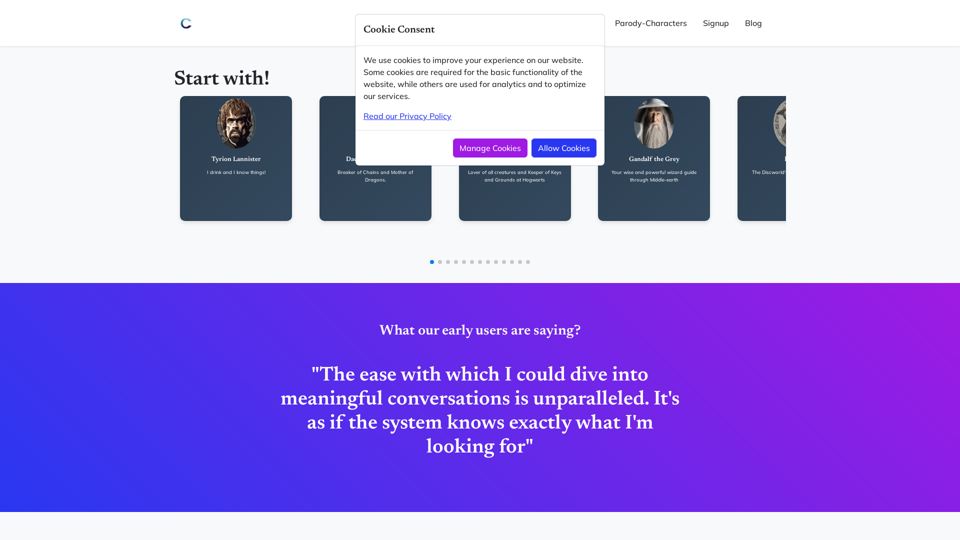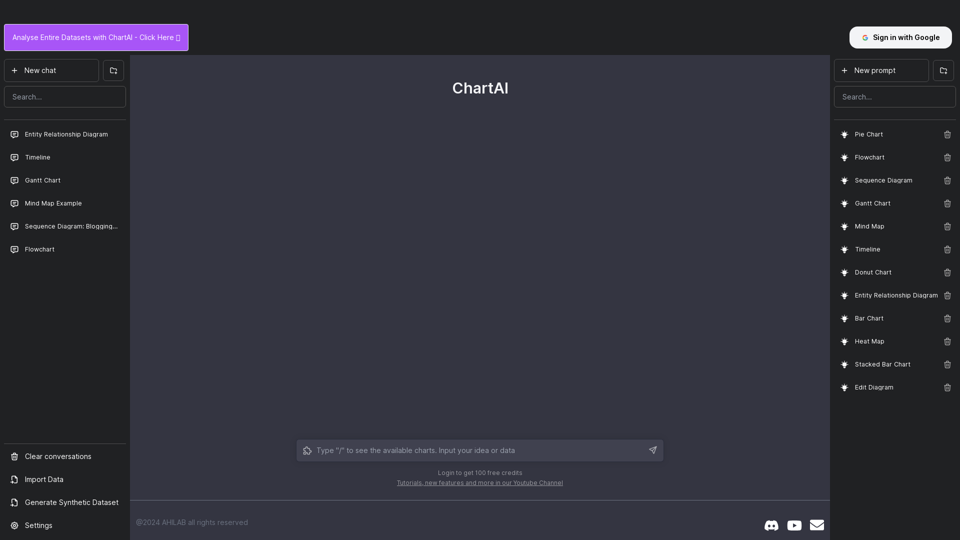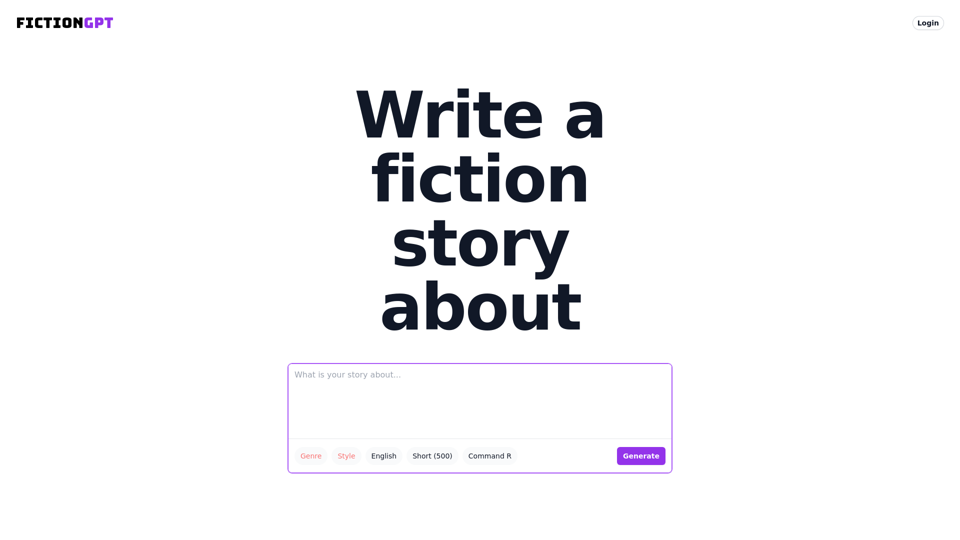Что такое персональный ассистент на базе ИИ?
Персональный ассистент на базе ИИ — это сложное программное приложение, разработанное для выполнения задач и услуг для отдельных лиц с использованием технологий искусственного интеллекта. Эти ассистенты могут понимать и обрабатывать устные и письменные команды, что позволяет им выполнять широкий спектр функций, таких как планирование, поиск информации и автоматизация задач. Персональные ассистенты на базе ИИ интегрируют обработку естественного языка (NLP) и машинное обучение для обеспечения бесшовного и интуитивно понятного взаимодействия с пользователями.
Виды персональных ассистентов на базе ИИ
- Ассистенты для письма на базе ИИ: Инструменты, такие как Grammarly и ChatGPT, которые улучшают письмо, предлагая рекомендации по грамматике, стилю и тону.
- Ассистенты для проектов на базе ИИ: Приложения, такие как Trello и Asana, которые упрощают задачи управления проектами благодаря функциям автоматизации и сотрудничества.
- Голосовые ассистенты на базе ИИ: Устройства, такие как Amazon Alexa и Google Assistant, которые позволяют управлять без помощи рук через голосовые команды.
- Виртуальные ассистенты на базе ИИ: Многофункциональные инструменты, такие как Microsoft Cortana, которые управляют расписаниями, электронной почтой и другими повседневными задачами.
- Ассистенты на базе ИИ для специфических рабочих процессов: Специализированные инструменты, такие как HubSpot и QuickBooks, предназначенные для конкретных бизнес-функций, таких как продажи и финансы.
Преимущества персональных ассистентов на базе ИИ
Персональные ассистенты на базе ИИ предлагают многочисленные преимущества в различных областях, повышая как личную, так и профессиональную продуктивность.
Повышение продуктивности
- Автоматизация задач: Автоматизация рутинных задач, освобождая время для более стратегических действий.
- Управление информацией: Организация и категоризация данных для легкого поиска и навигации.
- Улучшение коммуникации: Оптимизация письменной и устной коммуникации через обратную связь, управляемую ИИ.
Применение в бизнесе
- Операционная эффективность: Оптимизация рабочих процессов и снижение ручного труда, повышая общую продуктивность.
- Решения на основе данных: Анализ больших наборов данных для предоставления действенных инсайтов для обоснованного принятия решений.
- Экономическая эффективность: Снижение накладных расходов за счет автоматизации задач и оптимизации распределения ресурсов.
Преимущества для конкретных отраслей
- Здравоохранение: Обеспечение немедленных и точных ответов на запросы пациентов, улучшение ухода за пациентами и операционной эффективности.
- Страхование: Быстрый доступ к сложным данным для предоставления точных ответов, улучшение обслуживания клиентов.
- Коммунальные услуги: Ускорение реагирования на чрезвычайные ситуации и улучшение безопасности через быстрое обработку информации.
Как использовать персональных ассистентов на базе ИИ
Эффективная реализация персональных ассистентов на базе ИИ включает несколько шагов для обеспечения их соответствия бизнес- и личным целям.
Пошаговое руководство
- Определите область и цель: Четко обозначьте задачи и цели для ассистента на базе ИИ.
- Выберите технологию: Выберите подходящие инструменты ИИ, которые легко интегрируются с существующими системами.
- Настройте и обучите: Адаптируйте ассистента под конкретные нужды и обучите его с использованием релевантных данных.
- Разверните и контролируйте: Внедрите ассистента в повседневные операции и постоянно контролируйте его производительность.
- Обновляйте и поддерживайте: Регулярно обновляйте ассистента для повышения его возможностей и обеспечения актуальности.
Практическое применение
- Управление календарем: Эффективное планирование и управление встречами.
- Планирование путешествий: Организация маршрутов путешествий с персонализированными рекомендациями.
- Исследования и анализ: Проведение детальных исследований для создания информативных отчетов.
Персональные ассистенты на базе ИИ трансформируют то, как люди и бизнесы функционируют, предлагая беспрецедентные уровни эффективности и продуктивности. Интегрируя эти инструменты в повседневные рутины, пользователи могут оптимизировать задачи, улучшать принятие решений и в конечном итоге достигать лучшего баланса между работой и личной жизнью.

